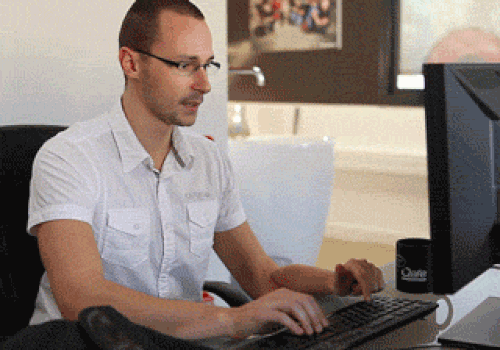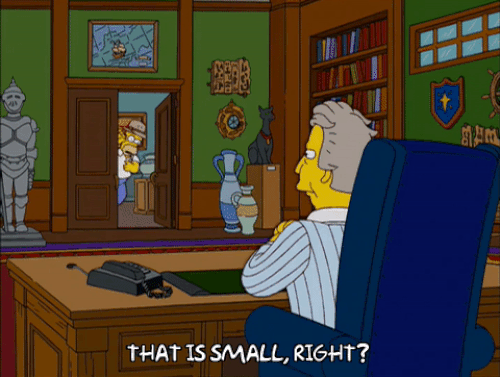
This post was written by an external contributor. Sarah Wilson reveals the best practices to finding media work experience.
It’s like the holy grail of all work experience: getting an internship in the media. Sometimes, you send email after email, application after application, and letter after letter to never hear a single peep back.
Now, I’m not saying that this situation is fair. In fact, I’m more inclined to agree that employers need to step up when it comes to giving feedback to jobseekers. What I am saying, however, is that the process can often feel like an unforgiving slog. But with a little resilience, and by following a few key guidelines, you’ll be sure to pin down something in the end.

Speaking of resilience, you’re going to need a lot of it. In fact, one of the most important things to remember when you’re on your internship hunt is:
Persistence is key
Now, I’m not talking the ‘follow an editor on their weekly grocery shop’ kind of persistence. But it’s important to remember that when you’re on the hunt for work in the media, you’re very often dealing with incredibly busy people. Especially if you’re sending a speculative application, it may simply be the case that getting no answer means the person you’ve contacted hasn’t received what you sent.
Don’t be afraid to send a polite follow-up a short while after you’ve first made contact. Or, if you’ve had no luck with one person at a company or organisation, try reaching out to another.
Remember that places on media work experience schemes and openings for internships are highly competitive, and don’t be discouraged if you don’t immediately land two weeks at the BBC on your first go. Pick yourself up and try somewhere else.
Small organisations might be the way to go

Scale down your operations, and don’t pass up the chance to work for a smaller organisation. Sure, it might not be the glamorous national newsdesk experience you’d envisioned, but as long as the skills it’s giving you are relevant, then so what?
What’s more, working for a smaller company or organisation can often be more valuable than being at a big one. The most worthwhile media work experience I undertook was not at a national newspaper, but at a local online site with only two editors in-house. I was given a tonne of responsibility and as a result learned a lot in a short space of time.
Plus, in a smaller team, your colleagues might actually remember your name by the end of the week. Being “the intern” gets tiresome after you’ve told someone your name four times that week.
Use your contacts
Much of the media, unfortunately enough, runs on nepotism. For those amongst us who don’t have friends in high places, it can seem a hopeless situation. But as cringe-inducing as it might feel, ask everyone you know. You can never be sure. Friends, friends of friends, grandparents – whoever. The worst that’s going to happen is someone will say no. In the best case scenario, it could land you something amazing.
Don’t work for nothing

Horrifyingly enough, many media internships ask their interns to work unpaid. If you can avoid this situation, do. Sites like Journo Resources are doing great work to campaign against unpaid work, and will only ever post paid opportunities.
If you think that an unpaid stint is unavoidable, it’s key to ask yourself whether the skills, contacts, and experience you’ll gain from taking the work on is worth not being paid. If the answer is no, don’t do it – you won’t stand to gain anything.
Most importantly of all, don’t give up. If you really want a career in this sector, you’ll find something eventually – even if you take an unconventional route on the way there. Once you have some media work experience under your belt, you have your foot in the door.
Download Debut and connect with us on Facebook, Twitter and LinkedIn for more careers insights.


